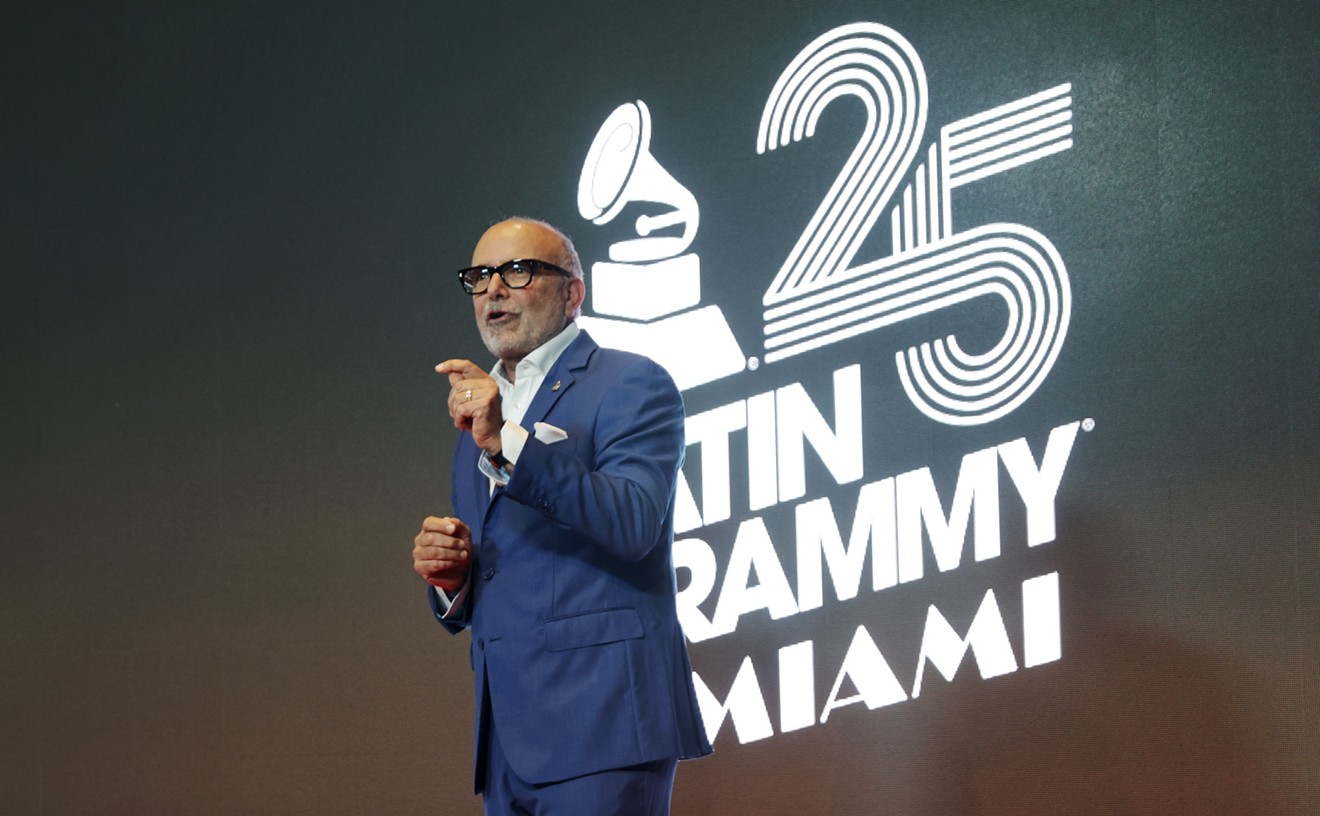-- Sting, America Online chat, December 7, 1999.
Sting has benefited greatly. He licensed the track “Desert Rose,” from his Grammy Award-winning Best Pop Album Brand New Day, to Jaguar and appears in commercials for the company's high-end automobiles. The results of such synergy? Well, no numbers from Jaguar, but Brand New Day finally cracked Billboard's Top 10 for the first time, 45 weeks after its release. Not bad considering the album was as low as number 91 this past January, according to a report in the Los Angeles Times.
We've come a long way from the days in the mid-Eighties when altcountry act the Long Ryders were nearly blackballed from the music industry for appearing in a Miller beer commercial. (Quaint as it sounds today, there used to be integrity issues about corporate shilling.) To add insult to injury, the Long Ryders actually needed the money they were paid. Their road van was breaking down and exposure via radio and MTV wasn't much of an option. Whereas a smart and extremely successful guy like Sting couldn't possibly need the extra dough, unless he's planning on purchasing his very own island somewhere. Or maybe he bought too much K-TEL stock the day it spiked?
These days, however, greed is good and everybody loves a winner. (If you've ever studied the pattern of Grammy Award winners, you'll see that once you've made it to the top of their Rolodex, you're in there for life. How else to explain why thoroughly mediocre acts continue to win long past their creative peaks? Sting had twelve Grammys -- with the Police and solo -- coming into this year's ceremony.) Even in his earliest days with the Police, Sting cut a sharper image than the average punk. A former English teacher, he can't help but have lofty pretensions. He's parlayed his intellect into a selling point: Keeping a Sting disc in your car's CD changer is as prestigious for baby boomers as having a Tom Wolfe novel on the coffee table. Like his pseudointellectual brethren (Lou Reed and Robbie Robertson come to mind) he discarded his other principal players at the first sign of advantage, determined to make his own name ring loud and clear.
Philosopher Arthur Koestler and psychologist Carl Jung informed the writing of Sting's later Police work, 1981's Ghost in the Machine and 1983's Synchronicity, respectively. It wasn't intellectual theory that sparked the works, though; it was the ensemble playing of Sting, guitarist Andy Summers, and drummer Stewart Copeland. Sting's first solo release in 1985 immediately proved this. The Dream of the Blue Turtles features a sparkling lineup of jazz stars -- Wynton Marsalis, Kenny Kirkland, and Omar Hakim among them -- but the effect is that of a wealthy aristocrat buying himself credibility. With 1986's double-live Bring on the Night, Sting re-creates Police hits alongside his solo material. The playing, while arguably technically better, makes a great case for the elusive chemistry that exists between people -- as the Police had it and this group doesn't.
To his credit Sting never stays in the same place too long. The Soul Cages, from 1991, was an expectedly drab collection of songs inspired by the death of his father. Sting finally found context. His own tendency to make serious the more frivolous aspects of love were replaced with questions about the long- and short-term effects of mortality. Always one with a knack for melody, Sting still managed a hit single with the Top 5 “All This Time.”
Ten Summoner's Tales puns his own name, Gordon Sumner, and is lighter by contrast, allowing Sting the luxury of getting away from himself for awhile with a set of story-songs not tied to his own existential woes. More appropriately, he shot onto the charts with “All for Love,” a track on which he costarred with Bryan Adams and Rod Stewart, two singers one doesn't usually associate with Sting, but with whom in their quest for pop superstardom have more in common than one might initially think.
Basically it's all a question of where to draw the line. How much is too much? What is the definition of a corporate shill? An artist constantly makes decisions about his work. Balancing aesthetics and commerce is only one step past the purely aesthetic concerns. Here Sting has been consistent. Since pursuing his solo career, he has sought greater polish, jazz, world grooves, and lite-FM funk. If he chooses the path of smoothest resistance in his artistic work, why expect any different in his business dealings? Sting and Jaguar? You can only cynically nod your head: Yes, but of course.










